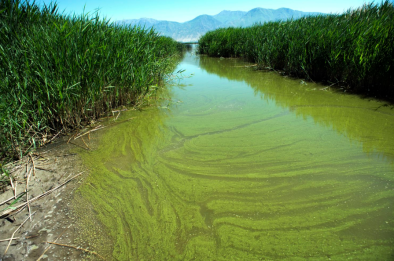Climate change could make RSV respiratory infection outbreaks less severe, more common

Signals Summary: Temperature, precipitation, humidity, and other climatic factors affect viruses, bacteria, and parasites in various ways, meaning climate change can impact their reproduction, development, and behavior. One example of this is how global warming is making respiratory diseases more common.
Article Excerpt: One of the first studies to examine the effect of climate change on diseases such as influenza that are transmitted directly from person to person has found that higher temperatures and increased rainfall could make outbreaks less severe but more common, particularly in North America.
...
While toned down RSV epidemics are in some ways a positive outcome, there will be more persistent occurrences of the virus throughout the year, [first author Rachel] Baker said. In short, infections will be spread out rather than be concentrated in certain seasons. That could leave people more vulnerable to the virus over the long term, particularly children. More than half of infants born in the United States contract the virus during their first RSV “season.”
...
Most research related to climate change and infectious disease has focused on maladies that are spread by vectors such as mosquitoes, Baker said. But the Nature Communications study expands into new territory by investigating a disease that passes through direct contact among infected hosts, she said.
Related Content





